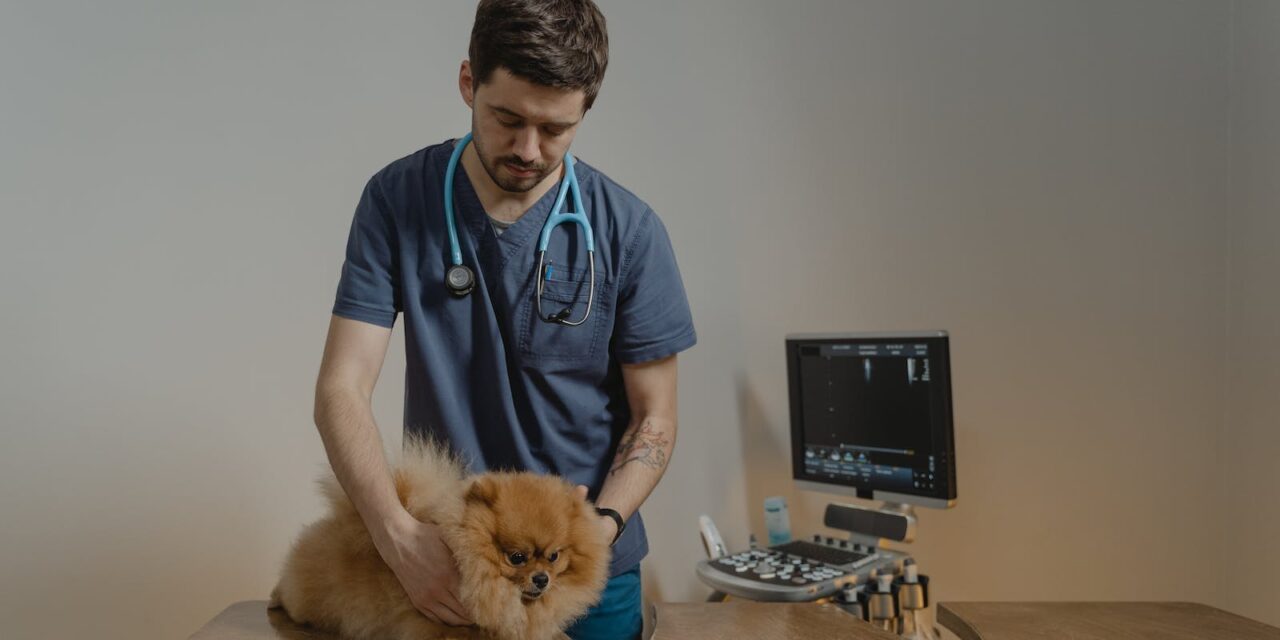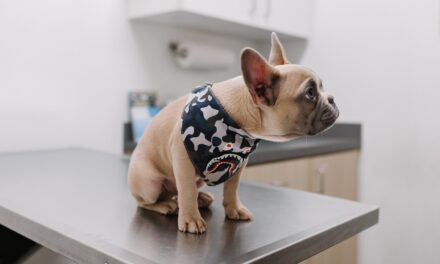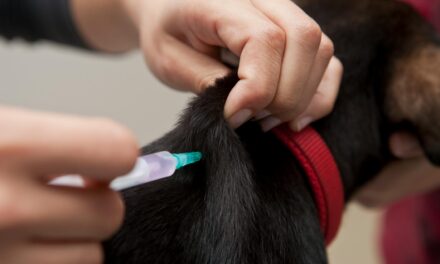The British Veterinary Association (BVA) has endorsed the Government’s new five-year national action plan on antimicrobial resistance (AMR), launched on 9 May. This plan is part of a 20-year vision to contain AMR by 2040.
The strategy for 2024 to 2029 highlights the crucial role of veterinarians in antimicrobial stewardship. It acknowledges initiatives such as Arwain DGC in Wales and outlines actions to support animal health and the veterinary workforce in promoting responsible use of these essential medicines over the next five years.
Government’s Commitment to One Health Approach
BVA President Dr Anna Judson commented, “The Government’s new five-year plan shows a continued commitment to containing and controlling antimicrobial resistance in animals, humans, and the environment through a One Health approach. The UK has made substantial progress on AMR, particularly in the agricultural sector, which has recorded a 59% reduction in antimicrobial use since 2014.”
Dr Judson noted that the new action plan recognises the achievements in antimicrobial stewardship through collaborative efforts by vets, farmers, and the government. The BVA had called for actions around responsible antimicrobial use within the companion animal and equine sectors and emphasised the importance of data collection and surveillance to reduce disease outbreaks. Both recommendations are included in the plan.
Vets’ Vital Role in Responsible Antimicrobial Use
Vets are pivotal in championing responsible antimicrobial use. Dr Judson stated, “BVA will continue working with its specialist divisions and all key stakeholders to build on the animal health actions within the plan, to help preserve these essential medicines for both humans and animals in the future.”
Last year, the BVA’s Voice of the Veterinary Profession survey revealed significant concerns among UK vets about antimicrobial resistance. Nearly 90 percent of vets worry about losing the ability to treat infections in animals due to AMR. Other concerns include potential enforced restrictions on veterinary use of antimicrobials (reported by 84% of vets) and the inability to control infections following surgery (75%). Only a third (35%) of vets felt clients were aware of AMR, with awareness higher among small animal practitioners (68%) compared to those working with large animals like cattle or horses (34%).
The BVA is a member of the Responsible Use of Medicines in Agriculture (RUMA) Alliance and the RUMA Companion Animal and Equine Alliance. It collaborates closely with stakeholders in government and industry to develop appropriate and evidence-based targets across the livestock, pet, and equine sectors.








